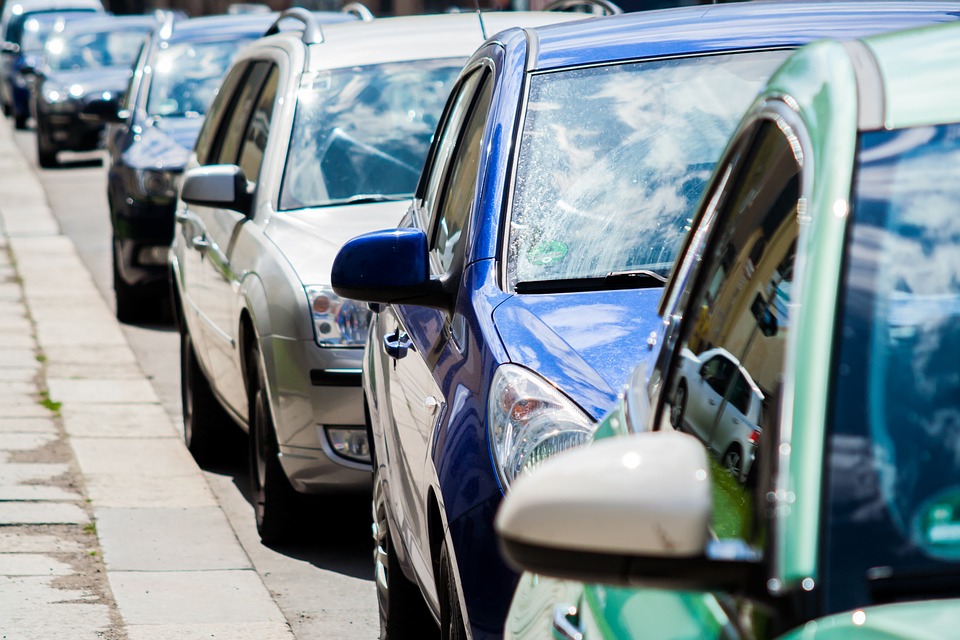How Smart Parking Reduces Traffic
We’re all too familiar with the sight of a road congested with cars trying to secure a parking spot, worsening traffic by slowing other vehicles down. According to a study commissioned by IBM, approximately 30% of a city’s traffic is caused by drivers actively searching for a parking spot. Naturally, this results in congestion around the parking venue. In the US, drivers spend an average of 17 hours per year looking for parking. We are literally wasting days stuck in traffic, looking for a place to park. Let’s read how smart parking reduces traffic.
However, creating more parking spaces won’t necessarily solve traffic congestion in densely populated cities. Instead, we need better management of the existing spaces. Smart parking technology holds the key to easing traffic by smoothening parking process for both drivers and operators.
Inefficient parking management worsens traffic
Smart parking isn’t about creating more parking spaces but making it easier for drivers to quickly locate existing ones such that time spent on the road is significantly reduced. Drivers cruising around a parking lot worsen traffic since they drive slower than those that aren’t looking for parking.
Moreover, drivers cruising around parking spots are more likely to get into an accident; about one in every five traffic accidents occurs in or around a parking lot. It isn’t hard to imagine distracted drivers accidentally colliding with other vehicles. This also puts pedestrians at risk. And once an accident happens, it further delays the flow of traffic since moving a damaged vehicle off the road takes time.
Smart parking as a solution to traffic woes
Smart parking technology combines the use of sensors, street lights smart navigation systems, and online payment platforms to relay information to drivers and parking lot operators. The real-time data collected from the sensor system is translated into actionable insights on smart parking applications. These are then used by drivers to take the least congested route, get an overview of the parking options, and make payment at the touch of a button.
Smart parking eliminates distractions
Smart parking can reduce traffic by making it easier to locate empty parking spaces, thus lowering the risk of distracted driving. Through the use of sensors that detect whether space is empty or occupied and lights that indicate this, smart parking technology can help drivers locate spots. Rather than scan for empty spaces, drivers can easily assess availability through red and green lights. This would also help them plan their parking maneuver, warning the driver behind that they are going to pull into space.
Smart parking reduces cruising time
Smart parking also reduces traffic congestion by making the process of parking faster. If city planners installed sensor lights on every space, drivers could get off the road quickly by understanding availability in advance. Parking facilities can also list the number of spaces available at the entrance with sensors constantly updating the figures, thus ensuring drivers always have the latest information and save commute time.
Smart parking technology can go even further than sensors and lighted spaces. Using the latest advances in IoT, sensors can be synced to a cloud platform that feeds the information into a mobile app. Such apps could then guide the driver with a GPS providing directions to the next available parking space. Thus, the driver can keep their eyes on the road and save time looking for spaces.
Another way smart parking can ease traffic is by making payment easier. Smart parking apps allow instant payment through smartphones, this making a parking space available to the next driver quicker.
Benefits to stakeholders
Smart parking applications are particularly helpful in cities with high population and traffic densities. One city that has benefited greatly from smart parking technology in San Francisco. After implementing this technology in the city, the time is taken to find a parking space reduced by 43%, miles were driven to get to a parking space dropped by 30% and greenhouse gas emissions dropped by 30%.
Smart parking technology will be beneficial in major Indian metropolitans where the number of vehicles is on the rise. In such cities, a driver spends close to 25 minutes finding a parking space, resulting in high fuel wastage—which is neither pocket-friendly nor environmentally-friendly. Smart parking will clearly improve our commutes by transforming parking and reduce traffic to make our cities more livable.


